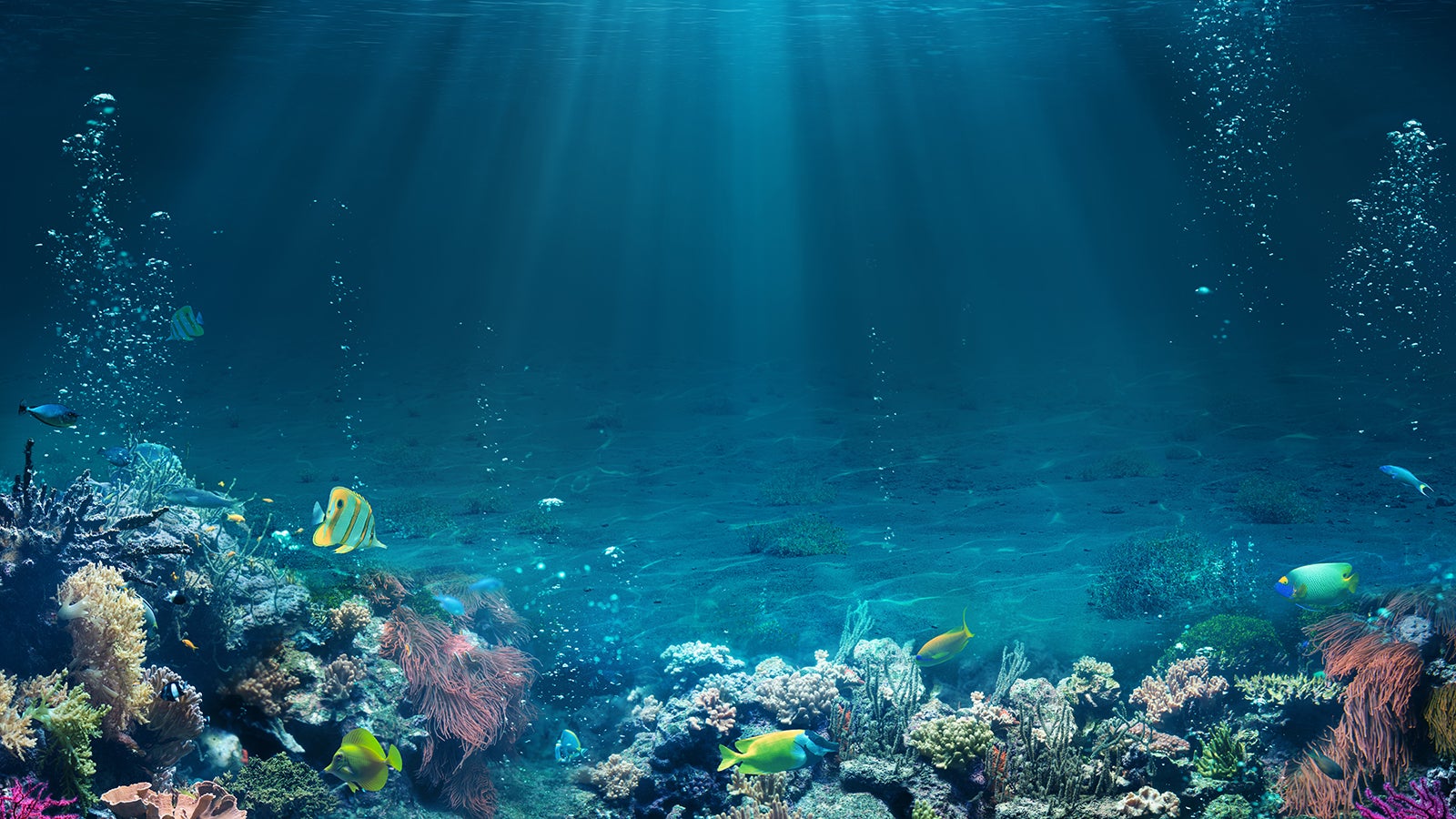A SITDOWN WITH OCEANS EXPERT ANUPA ASOKAN
Humans around the world may be sheltering inside, in our absence animals are finally reclaiming the places that they haven’t visited for generations. From hundreds of squirrels sunbathing in Santa Monica parks to the herd of mountain goats that overran a tourist town in North Wales, UK, to the fish seen swimming in the now crystal clear waters of Venice, Italy, COVID-19 may be humankind’s misery, but it is nature’s ‘fighting chance’.
‘How quickly animals are rewilding our urban spaces, is pretty encouraging,’ according to Anupa Asokan, from XPRIZE’s Ocean Initiative team.
‘It gives hope for conservation, not just for conservationists. It is a kick in the pants for normal people who aren’t activists and who don’t work with nature but who are just beginning to see the true state of the world around them.’
Despite the difficulties caused by COVID-19 - including keeping Anupa from her greatest passion in life: the sea - her hope is that ‘people will finally realize the impact they are having on the planet and the easy steps we can take to help mitigate the issues we have caused for other species.’
In her home in Santa Monica, Anupa spends every spare moment in or near the sea, whether it is scuba diving, paddle boarding, or deep sea fishing (which she used to do in Florida with her father when she was a girl). ‘All I want right now is to go on a night snorkel and get in the ocean with this bioluminescent plankton bloom that is making the waves off California’s beaches glow blue,’ she says excitedly. ‘Unfortunately, it doesn’t happen every year. The last time a marine event like this happened was in 2011.’
Anupa might not be able to dive back into the sea she studies and loves quite yet, but she is getting her oceanography fix by reading about what she describes as the ‘exciting’ research made possible by human activity all-but disappearing from the sea.
‘The biggest difference that scientists are noting in the ocean right now is the drop in noise pollution,’ she explains. ‘NOAA, our federal agency responsible for ocean research and technology, is putting out acoustic sensors and microphones in the ocean because we’re going through an unprecedented time when the ocean is silent.’ She adds that researchers are hopeful that the reduced noise - largely caused by cruise liners and shipping routes - will have a positive effect on the stress levels of baleen whales (the large filter feeding variety) - including the endangered North Atlantic Right Whale - that are in the middle of their migration season.
And animals aren’t the only marine fauna showing signs of improvement.
Researchers in Australia are finally able to analyze the damage caused by the sunscreen worn by tourists visiting coral reefs. ‘I wonder how these highly sensitive ocean ecosystems will be affected on a shorter time scale without human activity. Corals don't have a face, it’s hard to get people to care about them. They are essentially rocks covered in mucus. We need the charismatic fauna for reefs. The panda of the coral reefs if you will.’
Still, Anupa is glad that we may be finally getting the opportunity to ‘give everyone a broader understanding of the impact we have on our planet, not just the cute animals on the news - the whole thing.’
‘It seems to be easier for ordinary people to care about the crisis in our oceans when there is this charismatic animal as the cute, public face of the problem,’ Anupa jokes. ‘As far as plastic pollution in our oceans goes, plastic straws are like a needle in a haystack. For a plastic straw to go up a sea turtle's nose and for a research team to find it, notice that there was something wrong and remove the straw and put it all on video for the world to see… well, let’s just say we got lucky! It has really mobilized people to think about their impact on the world and how much plastic they are using everyday.’
She continues, ‘until very recently, caring about the environment and conservationism used to be viewed as this elitist concept, where people were second to the environment and it took a certain level of privilege to care’. ‘I think COVID-19 has shown us more profoundly that we are all a part of the environment…we impact it and it also impacts us.’
She concludes, ‘as we watch nature bounce back in this moment it’s been given a chance to heal, I hope we feel more accountable and empowered to find a better balance with the world when we go back out into it.’
